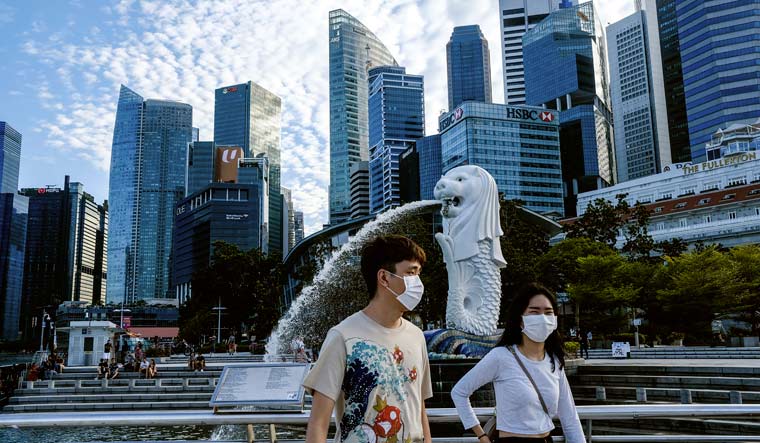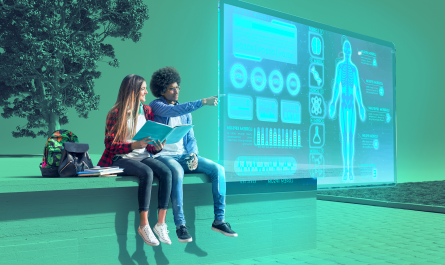The COVID-19 pandemic has swept through the world like a storm, significantly changing the ways we live and interact with each other. In Singapore, the government imposed an almost two-month-long ‘Circuit Breaker’ (CB) from 7 April to 1 June 2020 in a bid to contain the spread of COVID-19. Similar to lockdowns around the world, the CB required most Singaporeans to stay at home and to step out only for essentials. People had to adjust to studying and working in a familiar, yet new environment.
Recognising the potential challenges that young Singaporeans would have to face during this period, we at RySense decided to carry out a more in-depth study of how young Singaporeans were coping during the CB as well as their thoughts on life, post-CB. Capitalising on the online focus group methodology as a means to keep to the CB’s social distancing measures as well as to reach out via a platform naturally familiar with this age group, we spoke to 23 young Singaporeans aged 17 to 30, getting them to share their stories on studying, working and interacting in this unprecedented time.
Working and studying in a new normal
Our respondents generally coped well, using their time at home constructively to bond with family, rest or for personal development such as picking up new skills. Those who were working felt more productive, with better control over their time as compared to the students, who experienced boredom with no fixed schedule. Across the board, while usual routines were missed, there was a recognition that working from home would become more a part of life post-CB, with attitudes shifting away from putting in fixed hours. As one university student commented, “… now everyone is working from home, is it necessary for us to actually report to the office every day and sit at their desk 9 to 5 or 9 to 6 and get things done?”
While technology was used as an enabler to facilitate connections, the youths expressed that it could not replace human interactions. They envisioned a future with greater technological disruption, with more widespread use of online platforms for social engagement.
Foremost on their minds were concerns about current and future employment. The students were also anxious about delays in their internships and graduation. Some were considering furthering their studies as a ‘Plan B’, should getting a job be a challenge.
Relationships in the age of social distancing
In the area of relationships, while the CB’s social distancing measures meant youths missed their friends from the lack of physical interactions, increased time at home provided opportunities for bonding with their families. Outside the home, post-CB, they anticipated social distancing measures to remain for some time, changing the mode and nature of social interactions.
While having more time on their hands presented an opportunity to start on a romance online, the youths expressed that they were not keen on online dating as it could come across as not being serious and pursued out of boredom rather than real interest. Making friends online seemed a better idea, with less at stake on the relationship. Thinking about romance in the future, they anticipated changes in the ways people date, from the usual going out to staying home more and participating in indoor activities.
More open discussions with the online platform
The online focus group methodology proved most powerful in allowing us to unearth these rich insights from Singapore’s young and restless during this extraordinary time. We observed that our respondents were more open in sharing their thoughts as they appeared more comfortable compared to respondents we spoke to in face-to-face focus groups. Given that generally, this age group is savvy with technology, the online focus group methodology can be a smooth enabler to facilitate sharing and discussion among youths.
As COVID-19 continues to change and disrupt the ways in which we live (and the ways in which research is carried out), further explorations of online technology could open up new possibilities and shape the trajectory of qualitative research. In disaster lies opportunity, and in this aspect, we are just as excited as other curious minds to discover other precious seeds of potential out there in the fields.













